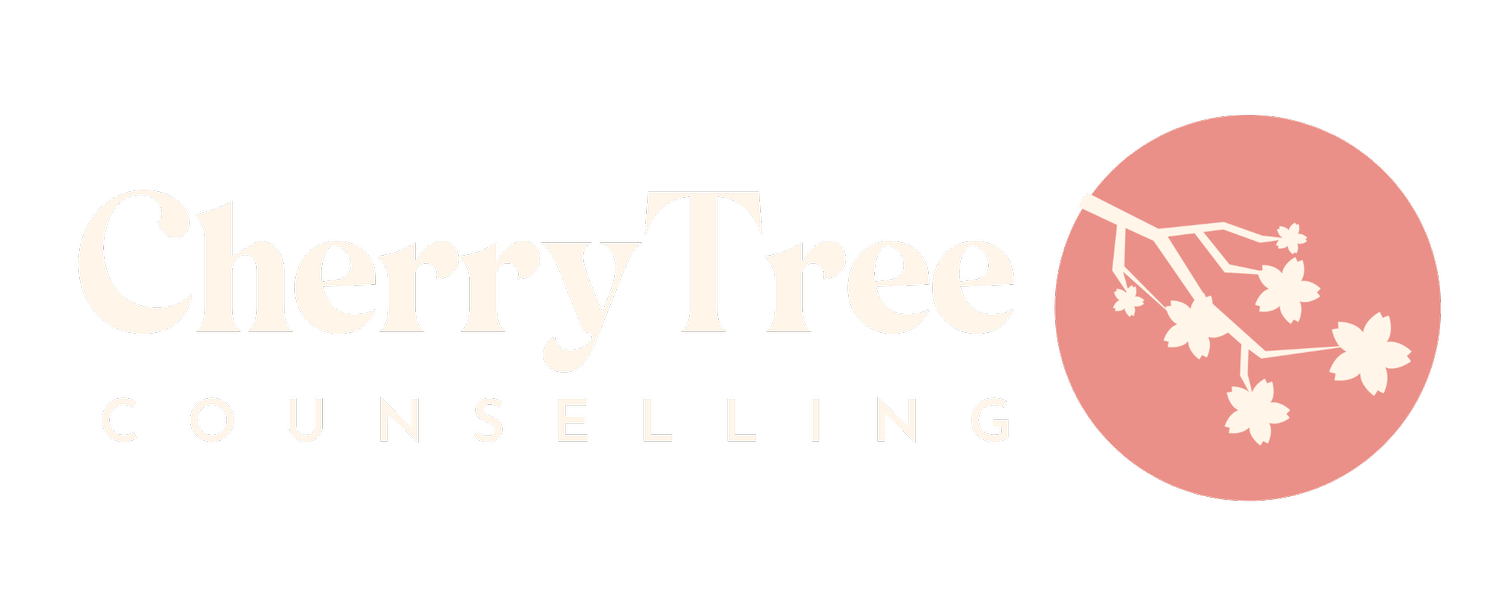Reinventing Yourself After Retirement
Finding Fulfillment in the Next Chapter
“Often when you think you are at the end of something, you’re at the beginning of something else.”
What does reinventing yourself mean?
Reinventing yourself means identifying patterns, values, and activities that no longer serve you and adjusting them to better options that will now serve you in this new season. It allows us to better understand both internal and external characteristics that have previously shaped the person you are. By leveraging this process, you can gain insights into your thought process and behaviour, which allows for the implementation of suitable modifications.
Reinventing yourself after retirement can be scary, lonely, and uncomfortable. However, it can also be productive, empowering, fruitful and liberating. This is the time to shift your focus from your career and family to yourself! When reinventing yourself, it is important that you really dive deep and get to know yourself and who you are. Through this process, it can help to better understand who you were and who you want to become. This can allow you to reconnect with family and friends, all the while reestablishing your social relationships and interactions.
Why is reinventing yourself important?
Reinventing yourself allows for the development of strong building blocks in creating the best version of YOU, which will in turn help you live a happier and healthier retirement life.
This process can help you continue to explore new parts of yourself, realize what your life values are, encourage you to continue to learn, increase resiliency in an ever-changing world, and create a sense of purpose.
Tips on how to reinvent yourself:
Start with self-understanding and self-awareness: understand your strengths and weaknesses, what brings you joy, and what makes you afraid.
Define your core values: what currently resonates with you and what no longer resonates with you.
Ask yourself what you want to change: consider what feels missing in your life and where/who you want to be.
Set realistic goals: consider simple, manageable, and achievable goals.
Build positive habits: healthy eating, exercise/movement, support systems/activities, and mental health strength.
Practice self-reflection: consider self-care practices, journaling, mindful breathing, and meditation.
Be honest with yourself: doing this can bring up some hard truths and uncomfortable acknowledgements, which is why it is important to consider what you need.
Ask for support: if you are struggling with this adjustment, it is okay to reach out to friends and family or even professional support. You are not alone.
Surround yourself with the right people: consider your support system and how they may be showing up in your life.
Celebrate your successes: celebrate the little and big accomplishments in this new life you are creating.
Book Suggestions:
Check out the following literary resources to help you navigate retirement:
“And in the end, it’s not the years in your life that count. It’s the life in your years.”
We offer a community of care.
Whether you're facing a current challenge, a past pain, or are simply feeling stuck in this phase of your life, we can help you to live the life you want with intention, mindfulness and balance.
We offer free 15 minute consultations.
Connect with us and let’s talk about how we can help you.
SOURCES:
Centre for Addiction and Mental Health “Best Practices Guidelines for Mental Health Promotion Programs: Older Adults 55+”
Government of Canada “Retirement Planning”
HereToHelp ”Making a positive mental transition to retirement.”





